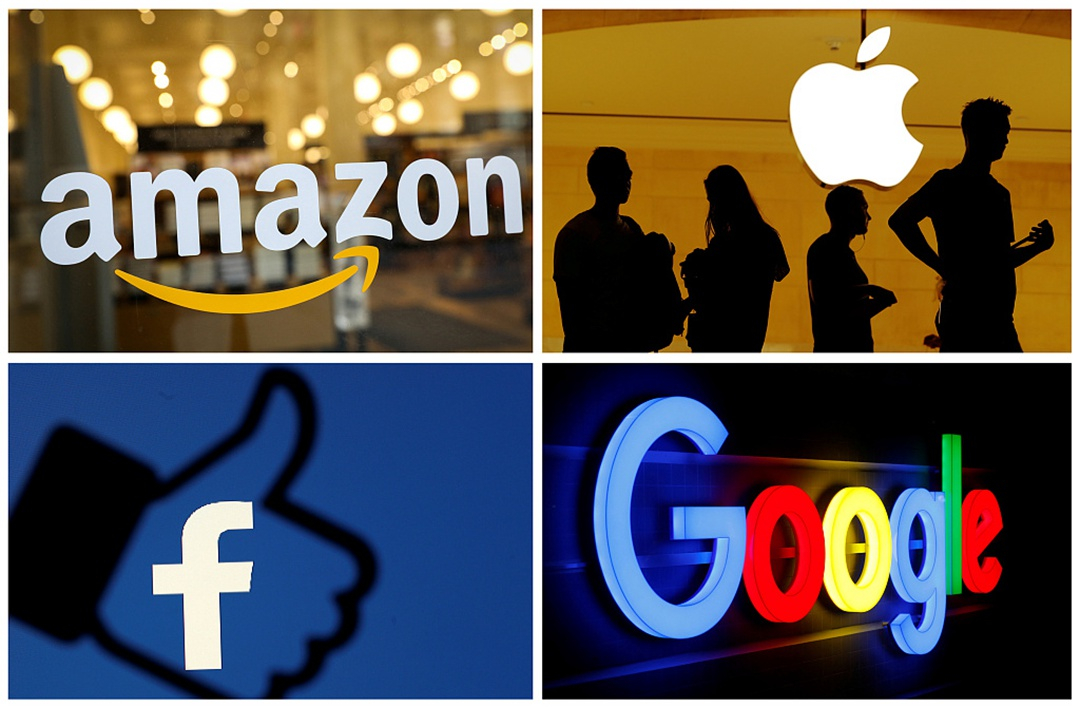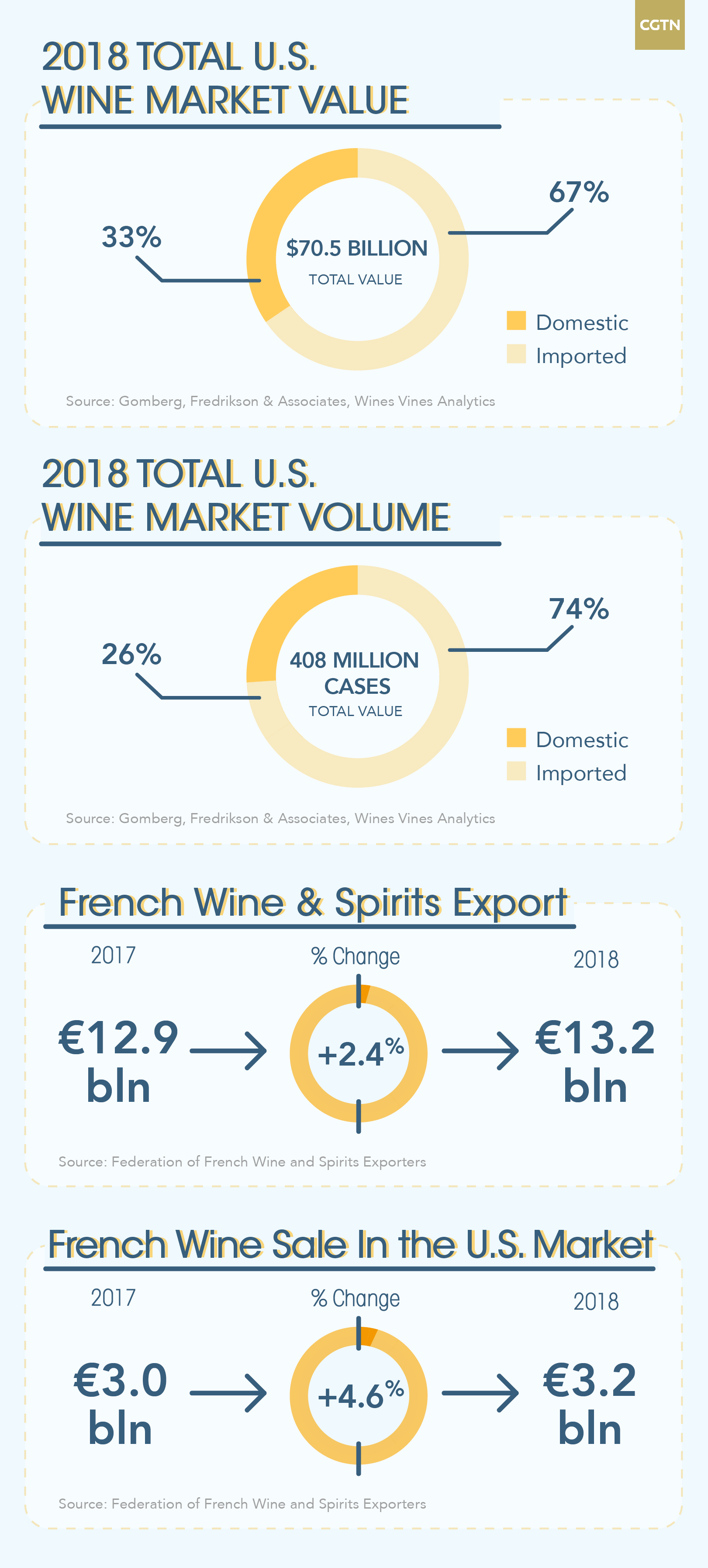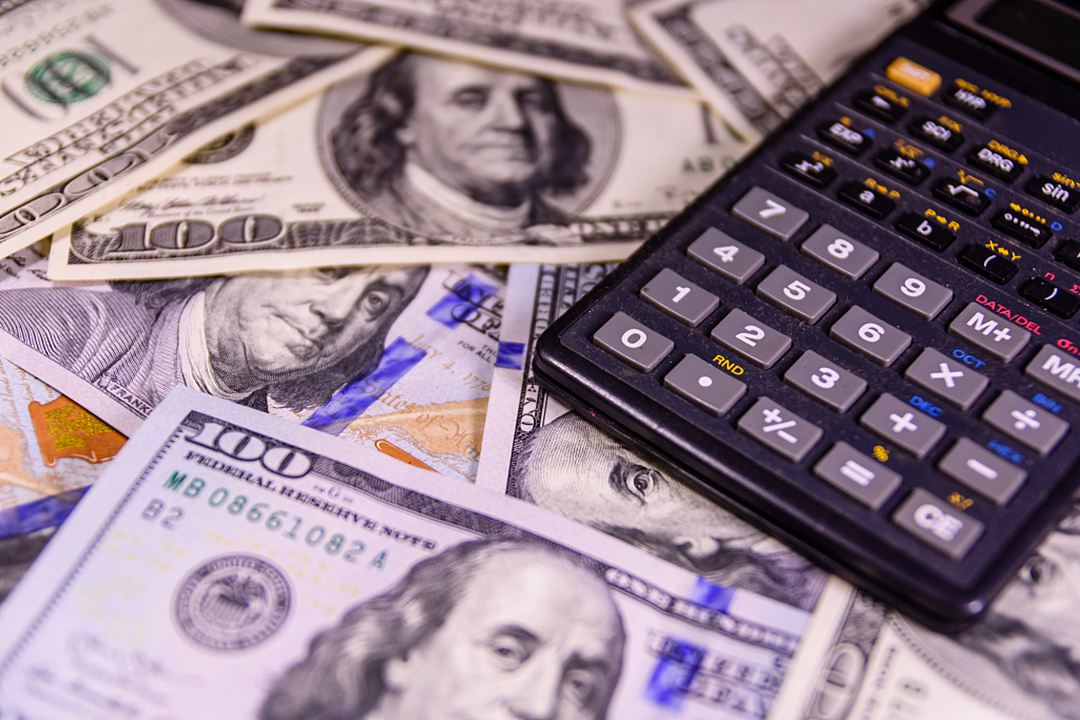

The U.S. tech giants, including Google, Facebook and Amazon testified Monday at a U.S. Trade Representative (USTR) hearing on the French digital services tax. In the testimony, the tech group outlined concerns, calling the new tax "discriminatory."
In July, France signed into law a three-percent tax on revenues of the largest tech firms providing services to French consumers. The tax has sparked disputes with the U.S., as it has been widely considered as a levy targeting at U.S.-based Google, Apple, Facebook and Amazon (GAFA).
Just a day before the French Senate's approval to the new tax, the USTR launched a probe into the tax under Section 301 — the same process used to impose tariffs on China. If enacted, the digital tax could result in retaliatory measures from the United States.
France will not back down on digital tax, and it will be one of the themes of the current French G7 presidency, according to French Finance Minister Bruno Le Maire. He hoped a compromise would be adopted at the G7 summit.
A short list of affected companies

VCG Photo
The French digital services tax will apply to companies that generate over 25 million euros (28 million U.S. dollars) in French revenues and 750 million euros (832 million U.S. dollars) globally. It will come into force in January 2020 and apply retroactively to the start of 2019.
Most of the companies falling in the tax's scope will be American, including "GAFA", Airbnb, Expedia, Microsoft, Salesforce, Stripe and Twitter. About 30 companies will be subject to the tax, according to France.
"Nobody can understand either in Europe or in the U.S. that the Internet giants do not pay the same level of tax as other private companies—14 points less taxation for the digital giants compared to the other private companies, including the SMEs," Le Maire said.
However, there is a high likelihood that the cost of the tax will be passed down the supply chain. For example, Amazon will charge additional three-percent fees with French-based businesses that make sales on it starting from October 1, according to its testimony for the USTR hearing.
U.S.' retaliation against close ally

The U.S. could impose tariffs on French goods after August 26 when the public comment period closes. U.S. President Donald Trump in July threatened to levy a tax on French wines over the disputes, as the U.S. is the largest single market for French wines.
The U.S. could also pursue dispute settlement at the WTO in addition to trade retaliation. The U.S. industry groups, including the U.S. Chamber of Commerce, the National Foreign Trade Council and the Information Technology Industry Council, have asked the USTR to turn to the WTO.
The U.S. tax code Section 891 is another tool for sanctions against France, as it allows the U.S. to double the tax rate on any French businesses or citizen who pays taxes in the country. But the measure has never been used before.
"We are close allies and between allies the best way of sorting out difficulties is not to enter into the logic of sanctions and retaliation," said Le Maire. "The best way is together around the table to seek compromises," Le Maire said.
Will a compromise be reached at the G7?

VCG Photo
The U.S. hoped to wait for an OECD solution, which is too slow for France. The OECD has been trying to make an agreement on digital taxation worldwide since this May, but it said there would be no solution by the end of next year.
"We have made clear from the very beginning that as soon as there is a compromise adopted at the OECD level, we will withdraw our national taxation. But as long as there is no international solution, we will implement our national solution," Le Maire said.
The digital tax bill failed last year at EU level after more than two years' efforts, because states like Ireland, Denmark, Finland and Sweden opposed it. "That is why we finally decided to go ahead at national level," the French finance minister added.
France questioned how they will be able to find a compromise among more countries if they are not able to make a compromise among seven. Other G7 countries, such as the UK and Italy, have also announced plans for their own digital taxes.
(CGTN's Liu Wenbo also contributed to the infographics.)

Copyright © 2018 CGTN. Beijing ICP prepared NO.16065310-3
Copyright © 2018 CGTN. Beijing ICP prepared NO.16065310-3